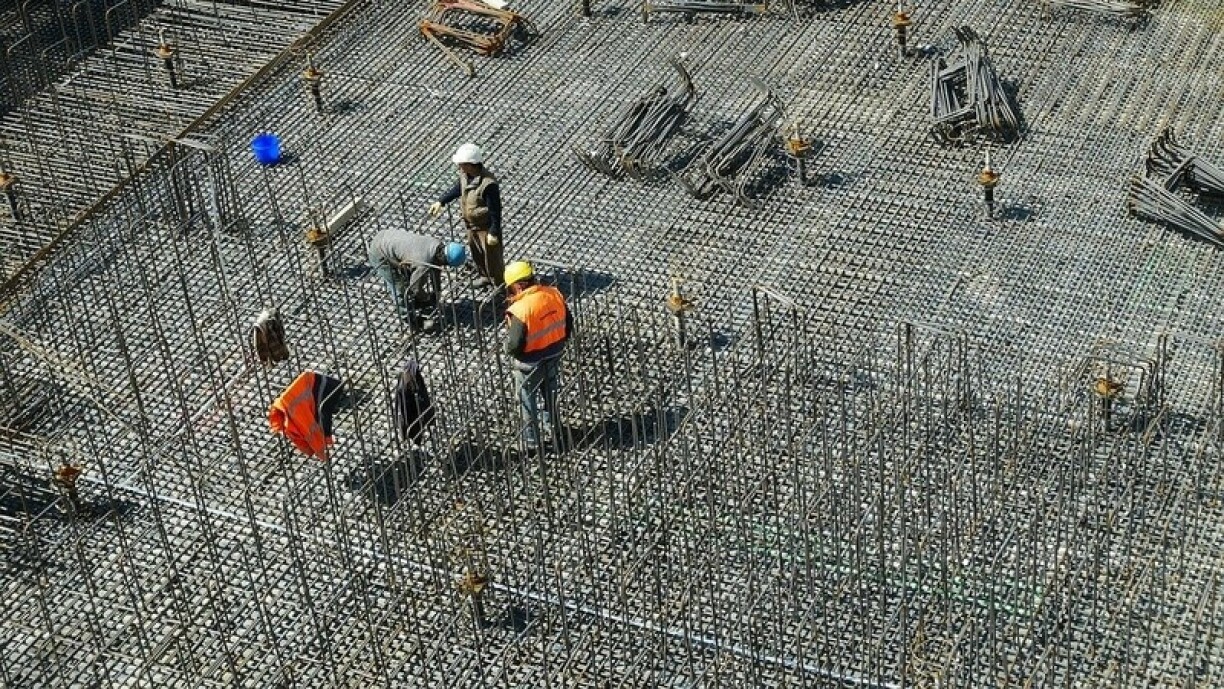
According to Paul Nathan, vice-president of the Chamber of Skilled Trade and Crafts, the construction industry already felt this spike in prices at the end of 2020 when it began to run out of materials.
While the entire world was paralysed last year, many factories were shut down, causing a slowdown in global production. After a partial recovery in certain sectors, many raw materials are now in short supply, due to high demand for wood and steel.
The problem is exacerbated by growth in China and the United States, according to Nathan, who explains that what is produced by the global market is usually exported to these countries. The US are currently buying a lot of wood on the European market, while steel is most often exported to China.
The blocking of the Suez Canal by a large cargo ship for several days did not help matters, a situation that has made the problem of delays in deliveries even worse.
There has been explosion in shipping prices in recent times, with experts reporting prices ten times higher due to high demand, according to Pol Faber, president of the contractors’ association.
The prices of raw materials have risen by 30 to 40% as a result of these shortages. All those involved in the sector hope that prices will stabilise, especially in central Europe, where this dynamic does not allow local people to adapt accordingly.
Companies find themselves in a precarious situation after a relatively complicated period marked by full and partial lockdowns. Faber hopes that the deadlines for the completion of the building sites can be extended and that possible fines will be cancelled in case of delay.
In addition to the construction market, these shortages could also affect the IT and automotive industries, not to mention the household appliance market, which could also be affected by the shortage of electronic components.